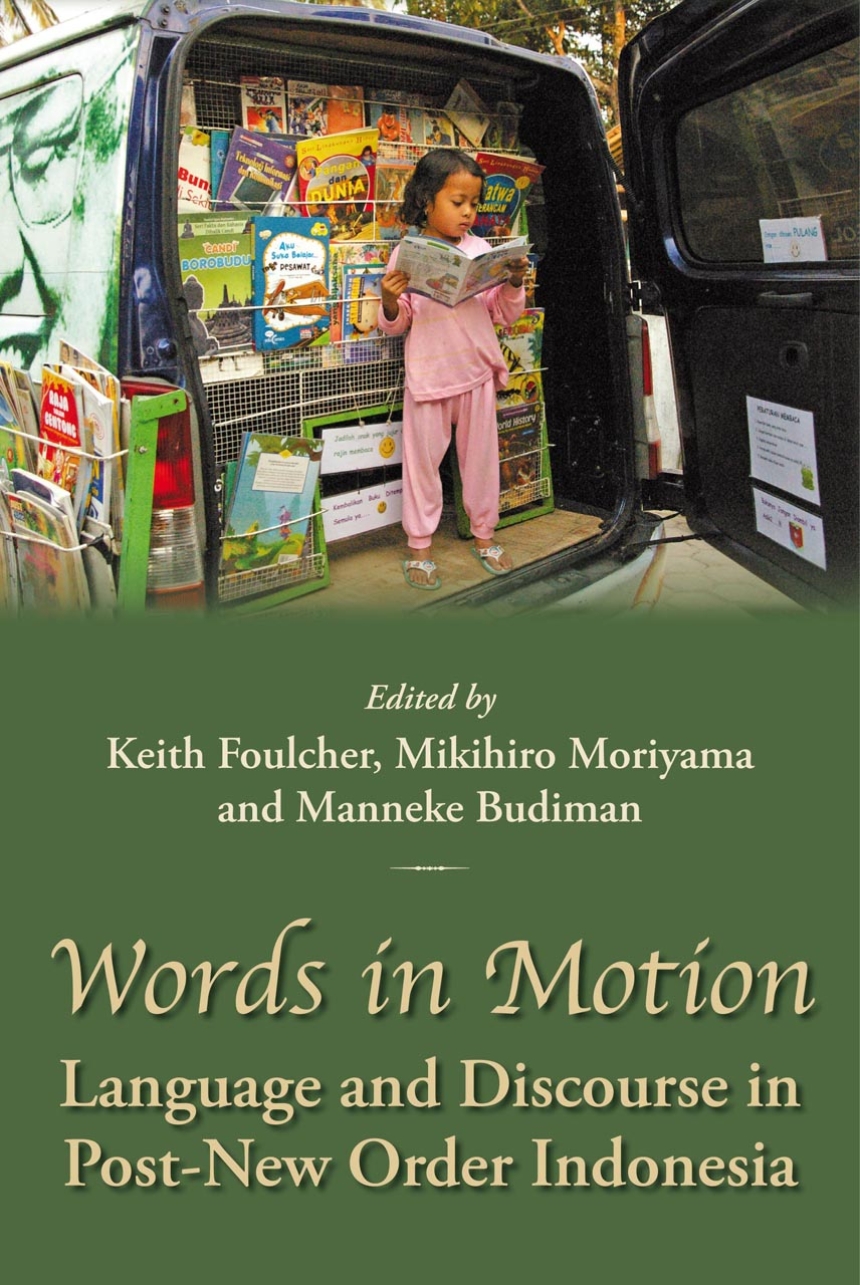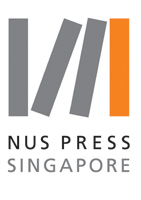National University of Singapore Press
Words in Motion
Language and Discourse in Post-New Order Indonesia
9789971696337
Distributed for National University of Singapore Press
Words in Motion
Language and Discourse in Post-New Order Indonesia
Political changes since the fall of the Suharto regime in 1998 have had a significant impact on linguistic and discursive practices in Indonesia. The language policy of the state has become less restrictive than in the past, when Indonesian (Bahasa Indonesia) was vigorously promoted as one of the symbols of the unity of the country’s diverse ethnic groups. Monolingualism in public space has given way to more fluid and pluralistic language use, and regional autonomy legislation enacted in 1999 has encouraged expressions of regional identities and aspirations, opening up a space for the promotion and use of regional languages in the media, education and the bureaucracy. Concurrently, technological development, in particular widespread access to the internet, has exposed Indonesian society much more directly than before to global flows of information, giving rise to changes stemming in part from sources outside Indonesia, but interpreted and shaped according to local conditions and socio-cultural practices. The meeting of these two vectors, one generated internally and the other coming from exposure to global trends, is producing a situation of diversity, fluidity and change in language use and discursive practice in contemporary Indonesian society. While contributors to this volume discuss Indonesian-language expression at the national level, a particular focus of the collection is on regional, local and minority languages, where problems associated with decentralization find their counterpart in the role that language plays in the workings of regional and national identity politics.
320 pages | 6 x 9 | © 2012
Asian Studies: Southeast Asia and Australia
Language and Linguistics: Anthropological/Sociological Aspects of Language
Political Science: Political Behavior and Public Opinion
Sociology: Social Change, Social Movements, Political Sociology
Table of Contents
List of Illustrations
Acknowledgements
Introduction Fluid Transitions in an Era of Reform
Keith Foulcher
Chapter 1 Ilfil Gue Sama Elu! (I’ve Had It With You!): Swear-Words in Contemporary Indonesian Youth Slang
Untung Yuwono
Chapter 2 Foreign Languages and Cosmopolitanism in Contemporary Indonesian Fiction: Redefining Indonesian Identity after the New Order
Manneke Budiman
Chapter 3 Emerging from Dire Straits: Post-New Order Developments in Javanese Language and Literature
George Quinn
Chapter 4 Regional Languages and Decentralisation in Post-New Order Indonesia: The Case of Sundanese
Mikihiro Moriyama
Chapter 5 How Universal is the Concept of Multilingualism?: Minority Language Speakers in Eastern Indonesia
Asako Shiohara
Chapter 6 Language Use and Attitudes to Language in Multilingual North Sulawesi: A Sociolinguistic Survey in the Bantik-Speaking Area
Atsuko Utsumi
Chapter 7 Language and Social Hierarchy: Interaction between Balinese-Indonesian Codemixing and the Use of Balinese Honorifics
Mayuko Hara
Chapter 8 National/Local Languages and Youth: A Case Study from Bali
Haruya Kagami
Chapter 9 Chinese Indonesians who Study Mandarin: A Quest for “Chineseness”?
Koji Tsuda
Chapter 10 Chinese in the Linguistic Landscape of Jakarta: Language Use and Signs of Change
Yumi Kitamura
Chapter 11 What’s in a Name?: Referring to the President in the Indonesian Media
Dwi Noverini Djenar
Chapter 12 Going Against the Tide: The Politics of Language Standardization in Indonesia
Jan van der Putten
Bibliography
Contributors
Index
Acknowledgements
Introduction Fluid Transitions in an Era of Reform
Keith Foulcher
Chapter 1 Ilfil Gue Sama Elu! (I’ve Had It With You!): Swear-Words in Contemporary Indonesian Youth Slang
Untung Yuwono
Chapter 2 Foreign Languages and Cosmopolitanism in Contemporary Indonesian Fiction: Redefining Indonesian Identity after the New Order
Manneke Budiman
Chapter 3 Emerging from Dire Straits: Post-New Order Developments in Javanese Language and Literature
George Quinn
Chapter 4 Regional Languages and Decentralisation in Post-New Order Indonesia: The Case of Sundanese
Mikihiro Moriyama
Chapter 5 How Universal is the Concept of Multilingualism?: Minority Language Speakers in Eastern Indonesia
Asako Shiohara
Chapter 6 Language Use and Attitudes to Language in Multilingual North Sulawesi: A Sociolinguistic Survey in the Bantik-Speaking Area
Atsuko Utsumi
Chapter 7 Language and Social Hierarchy: Interaction between Balinese-Indonesian Codemixing and the Use of Balinese Honorifics
Mayuko Hara
Chapter 8 National/Local Languages and Youth: A Case Study from Bali
Haruya Kagami
Chapter 9 Chinese Indonesians who Study Mandarin: A Quest for “Chineseness”?
Koji Tsuda
Chapter 10 Chinese in the Linguistic Landscape of Jakarta: Language Use and Signs of Change
Yumi Kitamura
Chapter 11 What’s in a Name?: Referring to the President in the Indonesian Media
Dwi Noverini Djenar
Chapter 12 Going Against the Tide: The Politics of Language Standardization in Indonesia
Jan van der Putten
Bibliography
Contributors
Index

